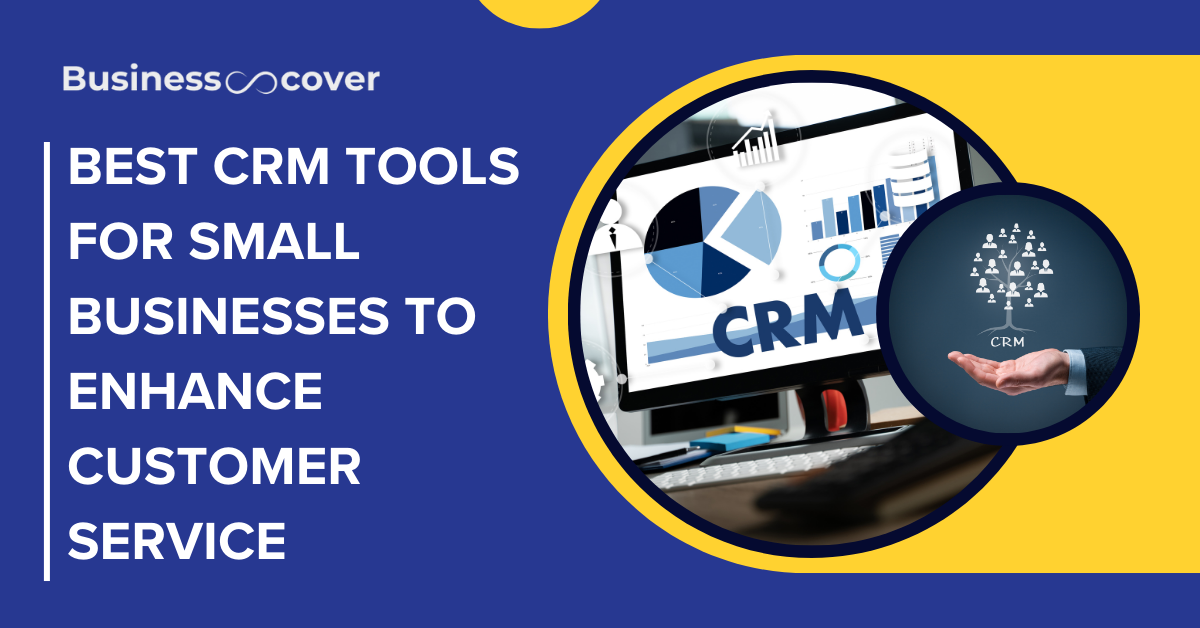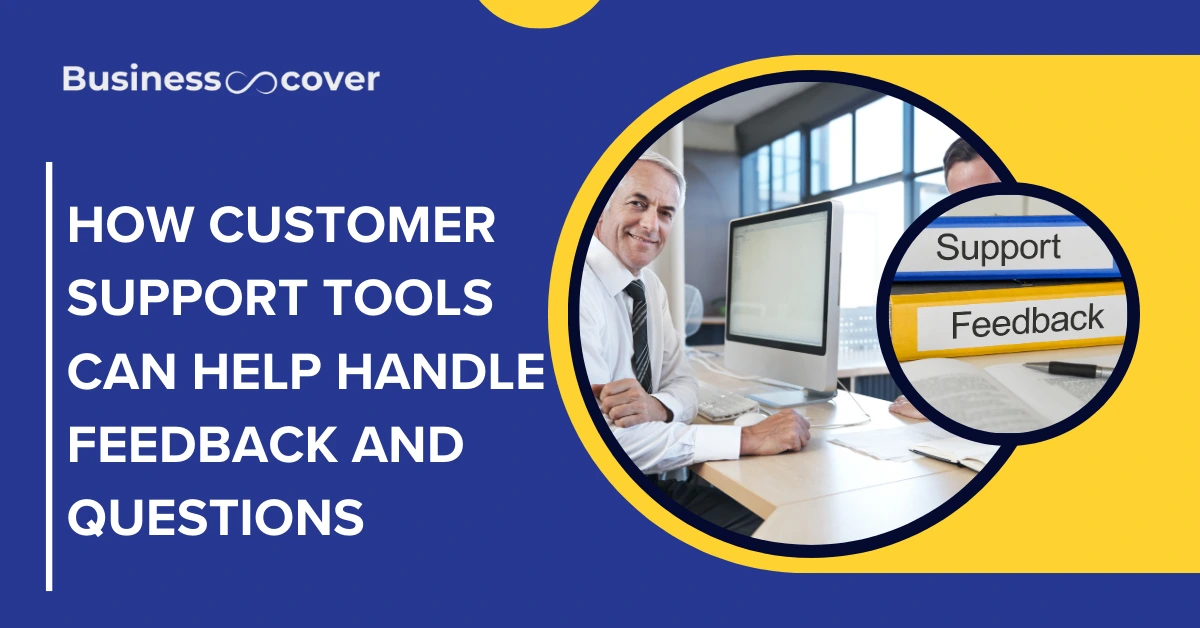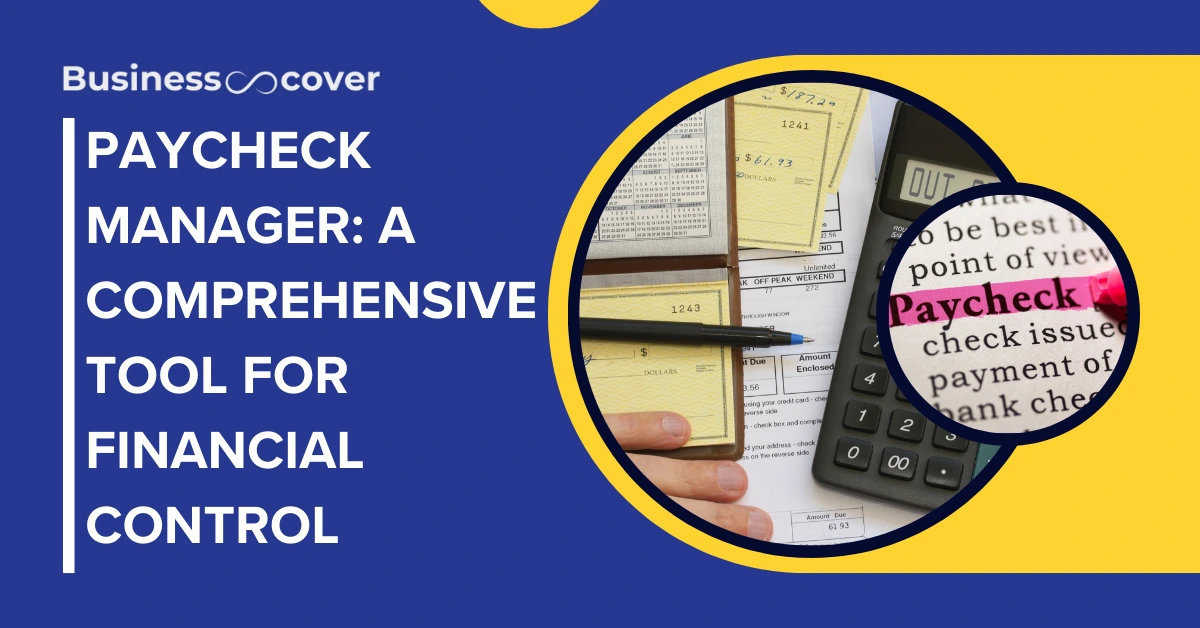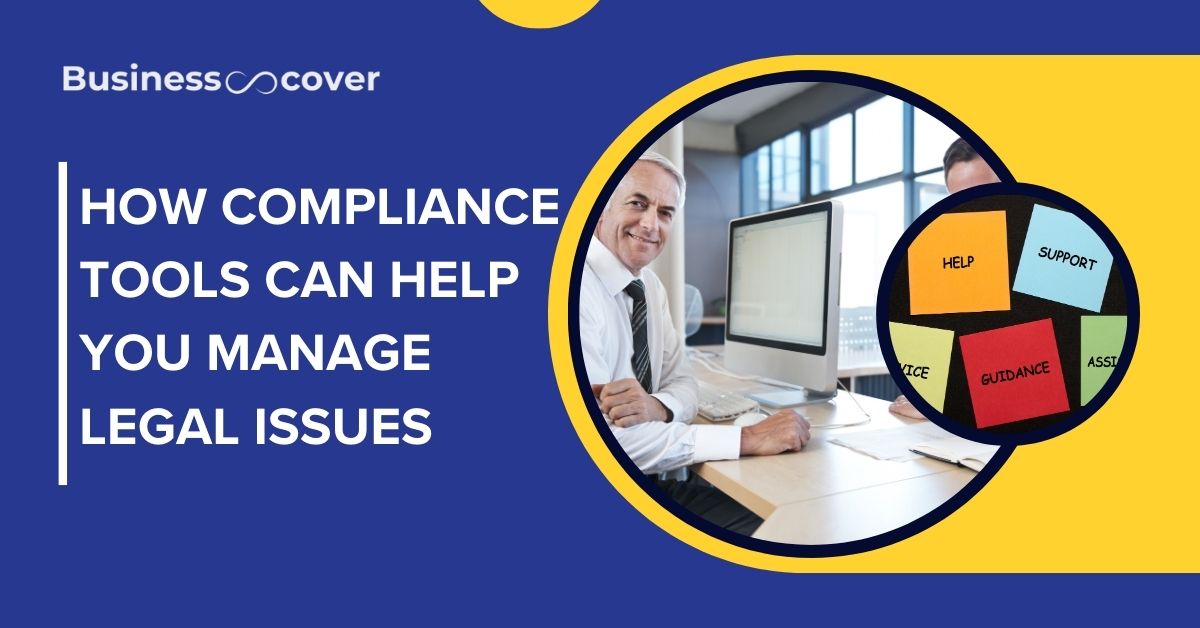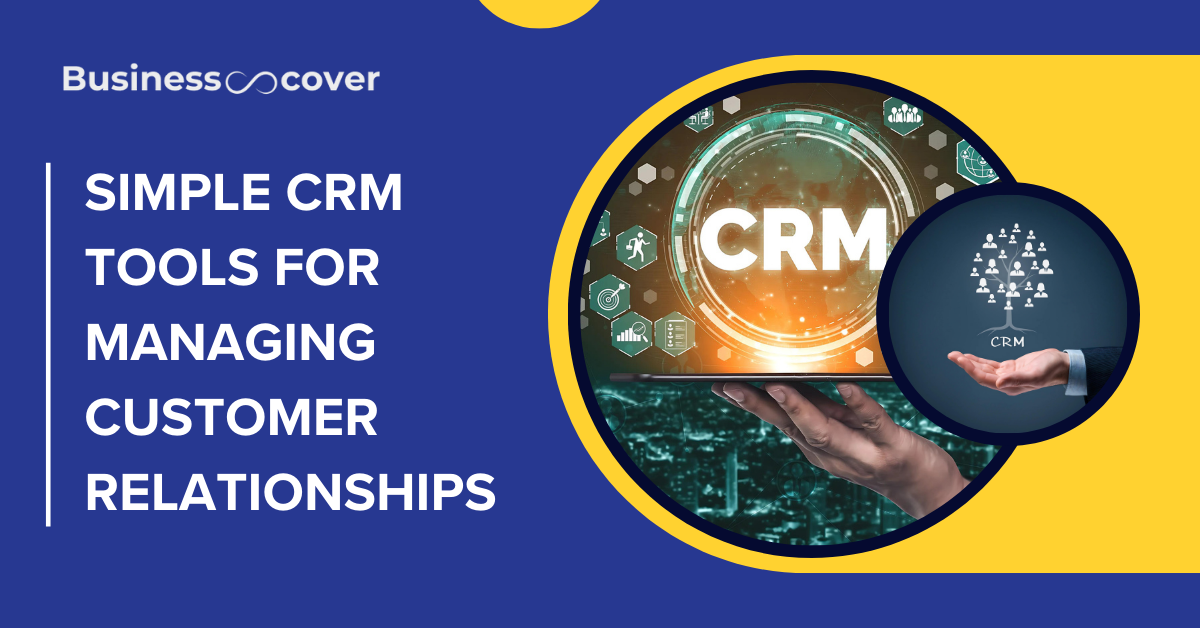In the current business environment customer satisfaction has become an essential aspect for small businesses to embrace in order to boost their sales. There is no better way of doing this than through the adoption of Customer Relationship Management (CRM) system. CRMs facilitate organisations to address the customer relationships that are essential in any form of interactivity businesses provide. Further in this article, we outline some of the best CRM tools available for small businesses, what they include, and the cost.
Key Features of Effective CRMs
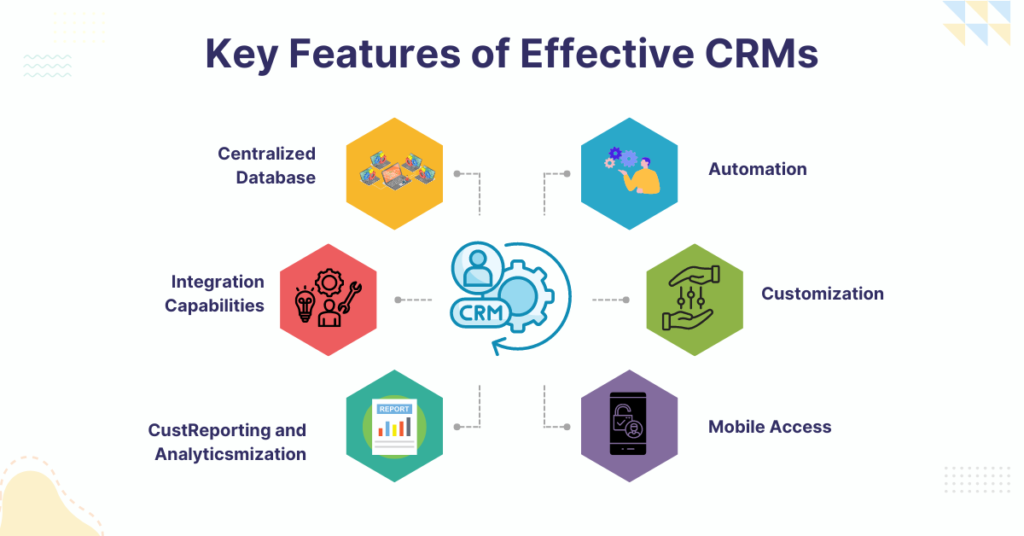
When evaluating CRM systems, small businesses should look for several essential features that can significantly enhance customer service:
- Centralized Database: A strong CRM system gathers all communication and information in one place about the potential customers. This helps the team members to easily access information which can spare them hours of contact with the customer while they try to recall the information.
- Automation: Chore Hours can also be acquired and kept by automating repetitive work including data input, following up emails and booking appointments. This makes it possible for the staff to work on other more sensitive and challenging tasks that need fundamental human participation.
- Integration Capabilities: A good CRM should be able to fit well into existing systems such as the email marketing program, marketing automation programs, and accounts software among others. This engulfs the business with a well coordinated environment that eradicates interlining bottlenecks hence optimizing efficiency across departments.
- Customization: Every business is unique. Consequently, a CRM should have features that let the users adjust it based on its user’s requirement without having to be a professional IT expert.
- Reporting and Analytics: Interactive report capabilities afford firms a chance to analyzing their customer data appropriately, and thereby monitor the sale trends, customer, and performance parameters.
- Mobile Access: In a highly mobile environment, where sales people use laptops, palmtops, notebooks and other similar devices, having a CRM that can be accessed using the same enables the teams work even when not in the office.
Top CRM Tools for Small Businesses
1. HubSpot CRM
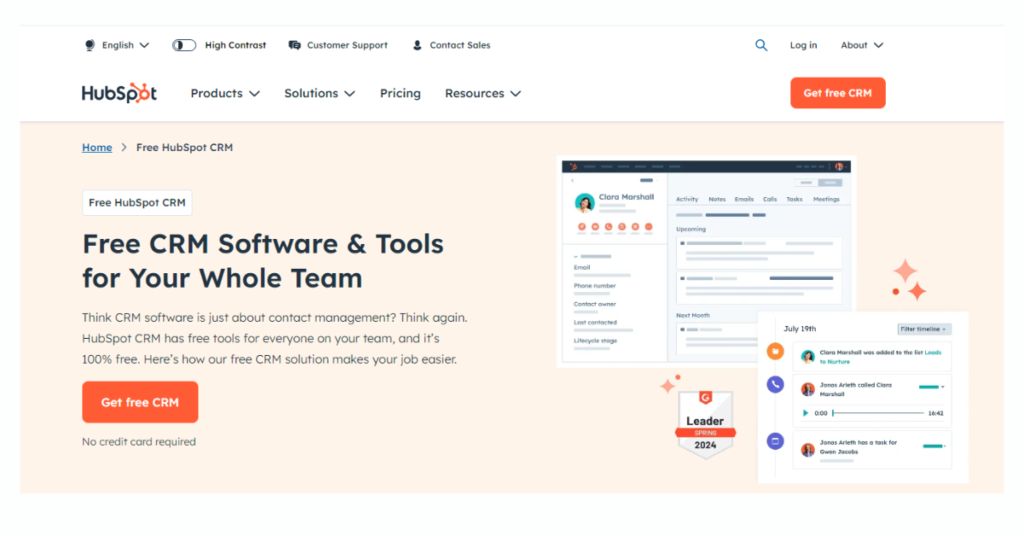
HubSpot provides 100% free CRM which is easy to use especially for the small businesses that require CRM system to optimize their growth without too much investment. It sets itself apart thanks to the crystal-clear dashboard and the solid toolkit that is tailored primarily to the needs of startups and SMEs. The fact that even HubSpot offers a free version is a major flexibility since it permits businesses with small funds to apply enhanced tools without compromise.
Key Features
- Contact Management: It is easy to file and manage a customer’s data or details.
- Email Tracking and Scheduling: It tells you when your emails were opened and allows you to schedule follow-up’s.
- Live Chat Functionality: Communicate with the customers in real time directly on your company website.
- Visual Sales Pipeline Dashboard: Get a sneak peek into how your sales process works with the help of pipeline visualization.
Pricing: Available for an unlimited number of users for free;
paid plans are available from $20 per month for enhanced functionality for reporting and marketing.
2. Zoho CRM
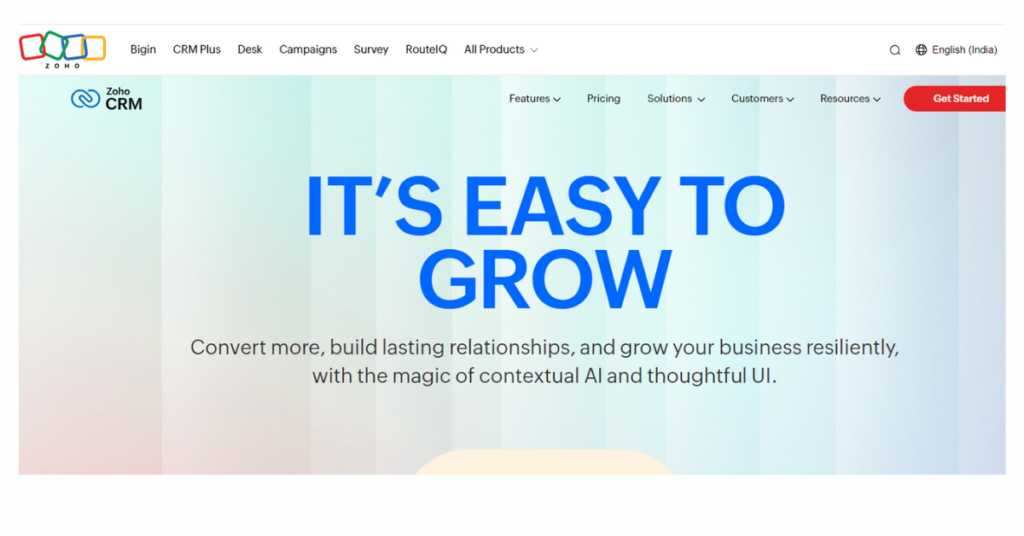
Zoho CRM is developed for small business and has an attractive interface, as well as outstanding function that allows the program to be tailored to the needs of a particular organization. Being developed with an emphasis on integration and automation, Zoho offers a number of functions which allow small businesses to manage sales processes and improve customers’ interactions. This platform is interesting also because it is more affordable than its competitors and can adapt to business development needs without imposing limitations on CRM functions.
Key Features
- Lead Management and Scoring: Qualify leads according to the percentage chance that the lead will buy.
- Sales Automation: Examples include reminding someone to follow up on an email, or assigning a lead to another team member.
- Mobile Access: Additional to selling, use of mobile applications that are downloadable in both IOS and android is recommended.
- Integration with Popular Tools: Integrate with a variety of Google Workspace apps, MailChimp, Slack, and more.
Pricing: Provides a costless edition for a maximum of three users;
paid options begin at $14 per user per month.
3. Pipedrive
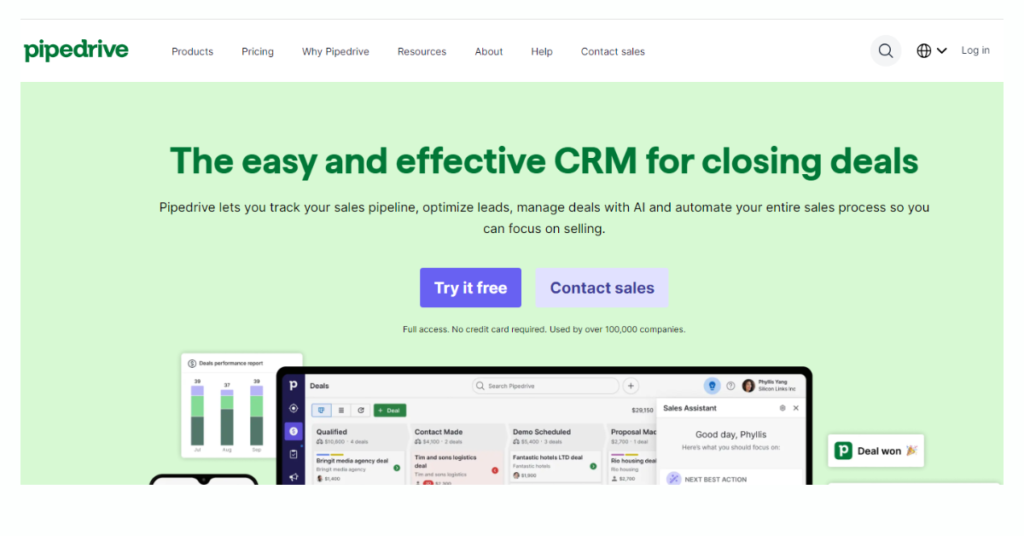
It is most famous for its sales pipeline management capabilities, so the organization that is all about closing deals is going to be in love with Pipedrive. It is easy to navigate, which enables the sales teams in creating a sound understanding of various processes as they deal with leads. Sharing of data is another strength that is well illustrated in Pipedrive as it assists teams to detect inefficiencies within their stream of operations to allow strategies to be adjusted to higher performance rates. It is especially useful for organizations who have need of a simple but strong platform which can increase efficiency in work without adding layers of additional complication.
Key Features
- Visual Sales Pipelines: There is an option of tracking deals all through various stages using a drag and drop feature.
- Activity Reminders and Follow-Up Scheduling: In order to make sure you follow up the tasks in time, set reminders to be alerted when the tasks are due.
- Chatbot Integration: First on the use of chatbots so that customers can be able to engage them instantaneously on your site.
- Customizable Reporting Tools: Keep it flexible and produce reports according to YOUR business KPI.
Pricing: Pricing is per users/month and starts at $15 with offering different levels according to features.
4. Salesforce Starter
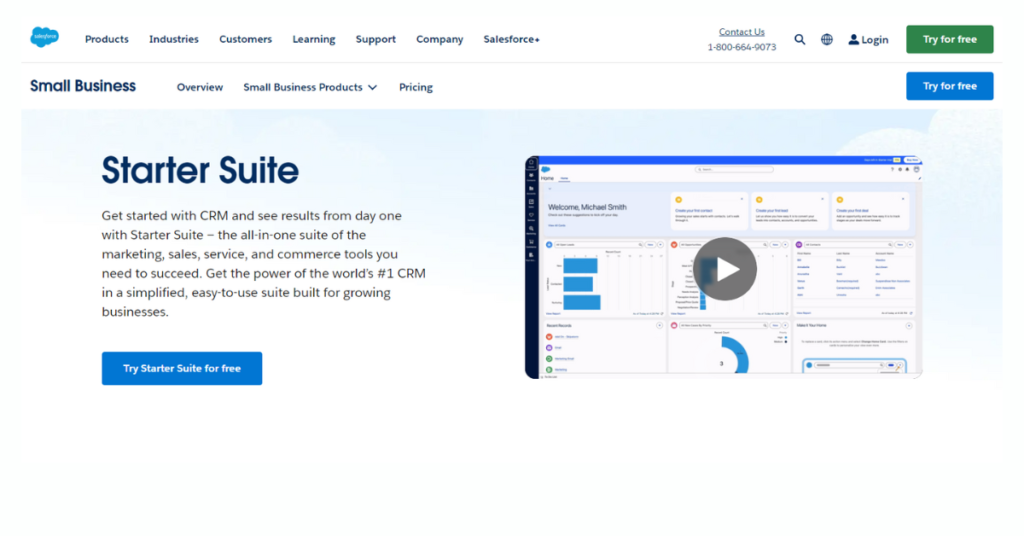
Salesforce currently occupies one of the leading positions in the CRM market but has a feature of the Salesforce Small Business that has most of the necessary tools with minimal depth. Salesforce Starter, characterized by numerous configurable tools and robust analytics, offers SMEs access to highly professional solutions at a reasonable price. Because of its flexibility, the platform can be customized to meet specific industry needs by companies across industries, with the guarantee of Salesforce reliability and innovation.
Key Features
- Comprehensive Customer Insights: It enables a business to get full information about the customers they deal with in the business.
- Detailed Reporting and Analytics: Take powerful decisions with the support of highly effective analytical tools.
- Customizable Dashboards: Design beautiful and informative aspects that are commonly called dashboards using KPIs that are significant for the achievement of your aims.
Pricing: The initial subscription is about 25$ for every user per month with varying subscription cost, depending on the more functions to be included.
5. Insightly
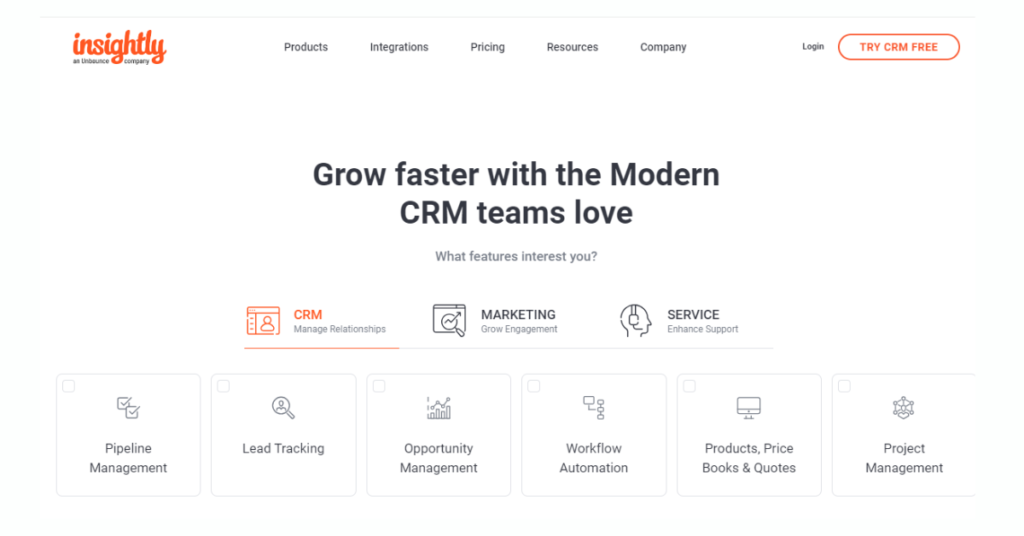
Insightly is a perfect solution for small businesses that require both CRM and project management tools all in one application. With this, the main focus of the teams is optimized not only to control the relations with the customers independently but also for the management of projects starting from the mere ideas to the implementation and carrying out stages within the same platform. Though, as Insightly is user-friendly, it will not cause a problem to those people who are not IT specialists while using all the tools of Insightly that are very important to manage a small business.
Key Features
- Lead Management and Tracking: It is recommended that managers and salespeople log all leads from the time that a customer purchasing intent is identified.
- Email Integration with Gmail and Outlook: Store the emails as a sync with the particular CRM convenient.
- Project Management Capabilities: Do projects in conjunction with the customer relationships effectively.
Pricing: It is available at $19 per user per month with different plans which are defined by the features.
Also Read | How CRM Tools Can Help You Track Your Customers Easily
Benefits of Implementing a CRM
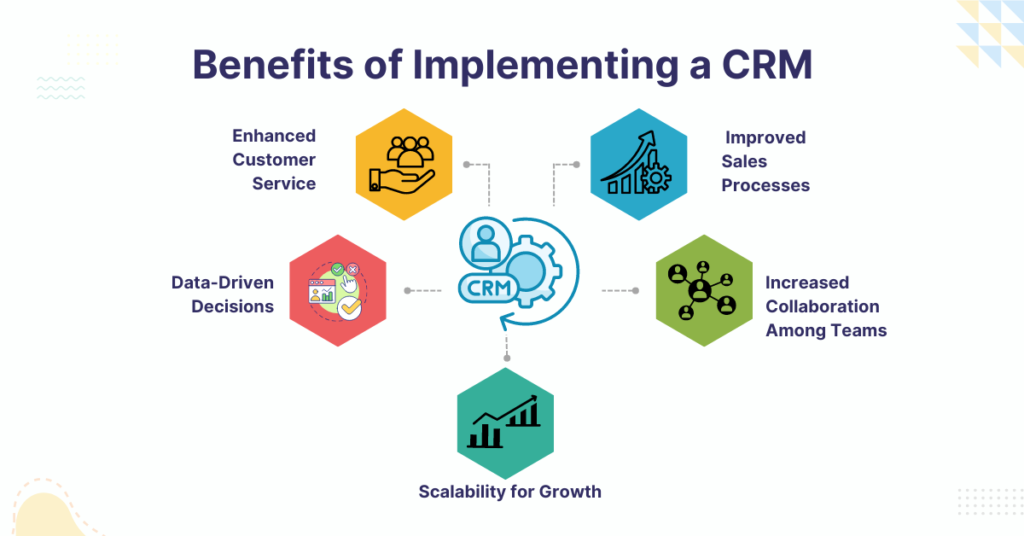
Implementing a CRM system can yield numerous benefits for small businesses:
1.Enhanced Customer Service
Thus contacting data in a central database allows businesses to reply to customer inquiries more promptly; the meaningful contact experience obtained from prior or concurrent activity may prompt differential communications. While the generic methods of promoting business are good, none of them has the impact as when a business is founded on an individual basis, and when a particular individual vouches for a certain business, other individuals would be inclined to transact with that business repeatedly.
2. Improved Sales Processes
Automation elements reduce the administration load of various sales activities that are performed by nature. It can save sales people’s time so that they can spend more time with the leads instead of doing their paperwork or inputting data manually.
3. Data-Driven Decisions
Reporting utilities of the CRMs give important facts about further behaviour trend of customers. These allow for decision making on the most appropriate approach towards marketing as well as decisions on the kind of products to introduce to the market.
4. Increased Collaboration Among Teams
Through sharing of resources in a centralized database, the various departments of the firm such as the sales and marketing and support are get to coordinate and all pull in one direction towards the goal of improving customer satisfaction.
5. Scalability for Growth
Of course, as businesses develop they change in terms of what they require. Most CRMs are flexible systems for the organization’s growth, meaning that a company can expand its functionality or the number of users in the system as it grows without changing its CRM.
Conclusion
Small businesses should view CRM investment as a way to enhance customer service and reduce costs. The right CRM not only improves customer relations but also supports teams with automation and analytics. Key factors when choosing a CRM include business needs, cost, scalability, and features that boost customer service. With the right CRM, you can transform customer relationships and stay competitive.
People Also Ask
Should small business get a free CRM?
HubSpot CRM: Best free CRM for amalgamation of organizational small business.
As for most of the target audiences the Free plan stands distinctive features for marketing, sales and service teams. You even have tools for managing your commerce and day to day activities.
What is the cost of CRM to business and specifically for a small business.
Indeed, picking the right commercial CRM software will incurred an average of $7 to $30 per user per month for a CRM platform for a small business. These options are not always ready to provide rich functionality or a long list of clients, but they can be useful for solving simple difficulties in sales, customer service, or even marketing.

